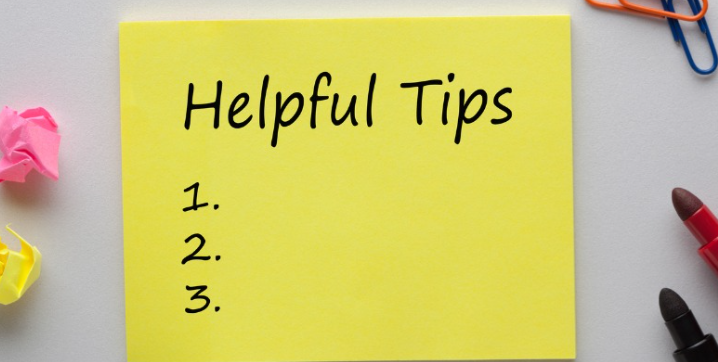Depression and stress are both psychological conditions that can impact a person’s mental well-being, but they have distinct characteristics and require different approaches for management. Here’s a brief explanation of the difference between depression and stress, along with some strategies to deal with both:
Depression: Depression is a mood disorder characterized by persistent feelings of sadness, hopelessness, and a loss of interest or pleasure in activities. It affects one’s overall functioning and can interfere with daily life. Symptoms of depression may include:
- Persistent sadness or a low mood.
- Loss of interest or pleasure in activities once enjoyed.
- Fatigue or loss of energy.
- Changes in appetite and weight.
- Sleep disturbances (insomnia or excessive sleep).
- Feelings of worthlessness or excessive guilt.
- Difficulty concentrating or making decisions.
- Thoughts of death or suicide.
To deal with depression, it’s crucial to seek professional help, such as a therapist or psychiatrist. Treatment options may include therapy (such as cognitive-behavioral therapy), medication (such as antidepressants), and lifestyle changes (exercise, healthy sleep routine, social support). Additionally, practicing self-care, maintaining a routine, and reaching out to loved ones for support can be beneficial.
Stress: Stress is a natural response to external pressures or demands. It can arise from various sources, such as work, relationships, financial difficulties, or major life changes. Stress can be both short-term (acute stress) and long-term (chronic stress). Common symptoms of stress include:
- Feeling overwhelmed or anxious.
- Irritability or mood swings.
- Physical tension (muscle aches, headaches).
- Changes in appetite.
- Sleep disturbances.
- Difficulty concentrating or making decisions.
- Increased heart rate and blood pressure.
To manage stress effectively, consider the following strategies:
- Practice relaxation techniques, such as deep breathing exercises, meditation, or mindfulness.
- Engage in regular physical activity or exercise.
- Prioritize self-care activities, such as getting enough sleep, maintaining a balanced diet, and engaging in hobbies or activities that bring joy.
- Set realistic goals and manage time effectively.
- Seek social support and connect with loved ones.
- Consider seeking therapy or counseling to learn stress management techniques.
- Incorporate stress-reducing activities into your routine, such as yoga, journaling, or spending time in nature.
Remember, it’s important to seek professional help if stress becomes chronic or significantly impacts your daily functioning.
While the strategies mentioned above can be helpful, it’s essential to recognize that every individual’s experience is unique. Professional guidance tailored to your specific situation is valuable in understanding and addressing depression and stress effectively.




















































